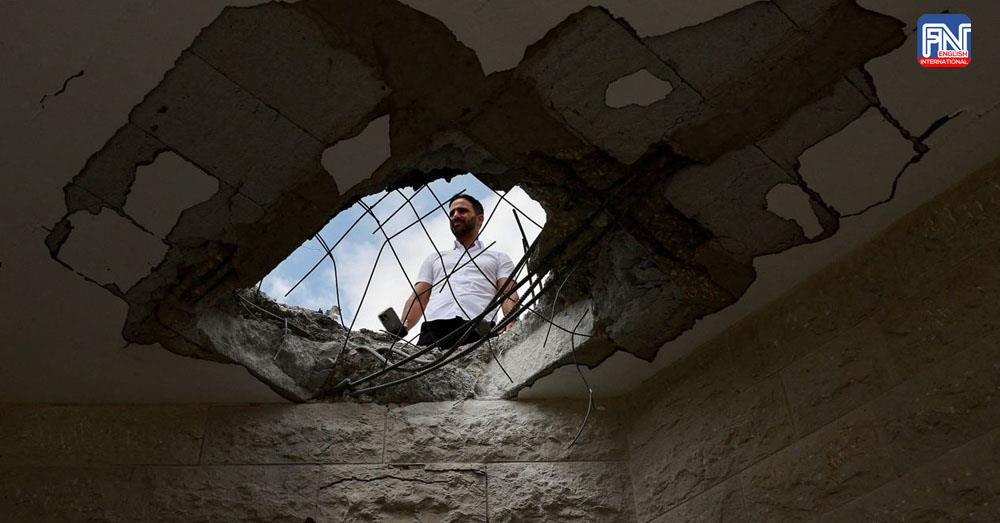JERUSALEM, Aug 26 (Reuters) - Israeli officials and media reacted with satisfaction on Monday after a long-expected missile attack by the Iranian-backed Hezbollah movement appeared to have been largely thwarted by pre-emptive Israeli strikes in southern Lebanon.
Both Hezbollah and Israel seemed content to let Sunday's attack, in retaliation for the killing of a senior Hezbollah commander in Beirut last month, count as settled for the moment.
Israeli government spokesperson David Mencer said Hezbollah had suffered a "crushing blow" from the Israeli strikes but that a longer lasting solution was still needed.
"The current situation is not sustainable," he told a briefing, referring to the tens of thousands evacuated from their homes in northern Israel, a situation mirrored on the other side of the border in southern Lebanon. "Israel will do its duty and return its population to our sovereign territory."
Hopes that children might return for the start of the new school year in September have evaporated, with financial assistance for residents evacuated from their homes extended to Sept. 30.
However there was some optimism that the exchange of fire, which did not cause the kind of extensive damage many in Israel had feared, might help talks aimed at halting the fighting in Gaza and bringing Israeli and foreign hostages home.
Palestinian militant group Hamas has said it will not agree to a deal that allows Israeli troops to remain in the band of territory at the southern edge of the Gaza Strip along the border with Egypt. But some commentators said Sunday's exchange of fire might prove that Hamas lacked the kind of support it would need to push the conflict outside Gaza.
"Maybe - just maybe - Israel's success at foiling Hezbollah’s retaliation might pave the way to concessions by Hamas in the negotiations over a hostage deal, given the failed bid to see the war expanded to engulf the entire region," wrote Avi Issacharoff, a commentator in Israel's biggest-selling daily Yedioth Ahronoth.
Early Sunday, around 100 Israeli jets hit dozens of Hezbollah launch sites in southern Lebanon, destroying thousands of rockets the military said were aimed at Israel. Hezbollah did launch hundreds of missiles, but most were intercepted or fell in open areas.
Exchanges of fire continued on Monday, but were muted by comparison.
Israel said it struck a Hezbollah military structure in southern Lebanon, and that a number of suspicious aerial targets had entered its territory from Lebanon. Most of the targets were intercepted and there were no injuries.
Hezbollah denied that its response on Sunday to the killing of its senior commander Fuad Shukr had been defused, but said the operation had been completed successfully, drawing hopes that a line might be drawn under the incident, at least for now.
Iran, which has vowed retaliation against Israel for the assassination in Tehran last month of Hamas political leader Ismail Haniyeh, also said it was not looking to fuel regional tensions.
